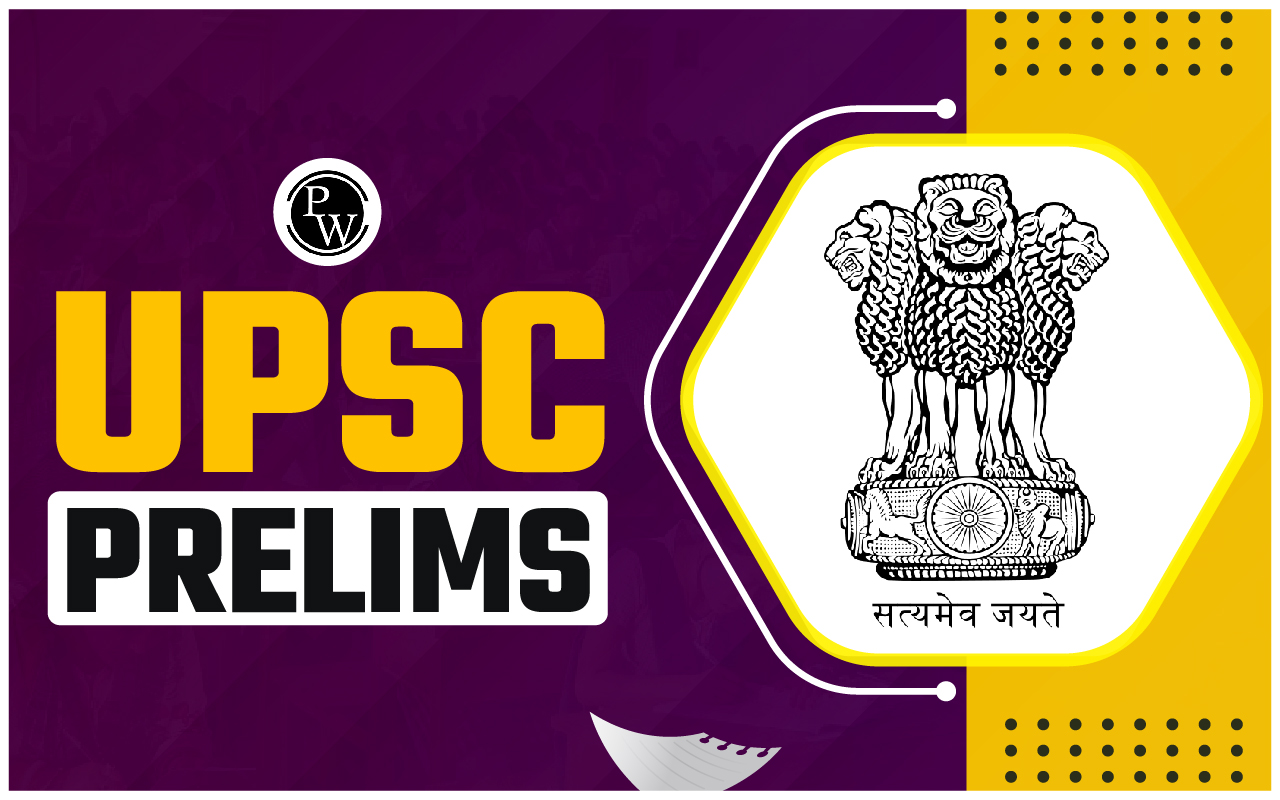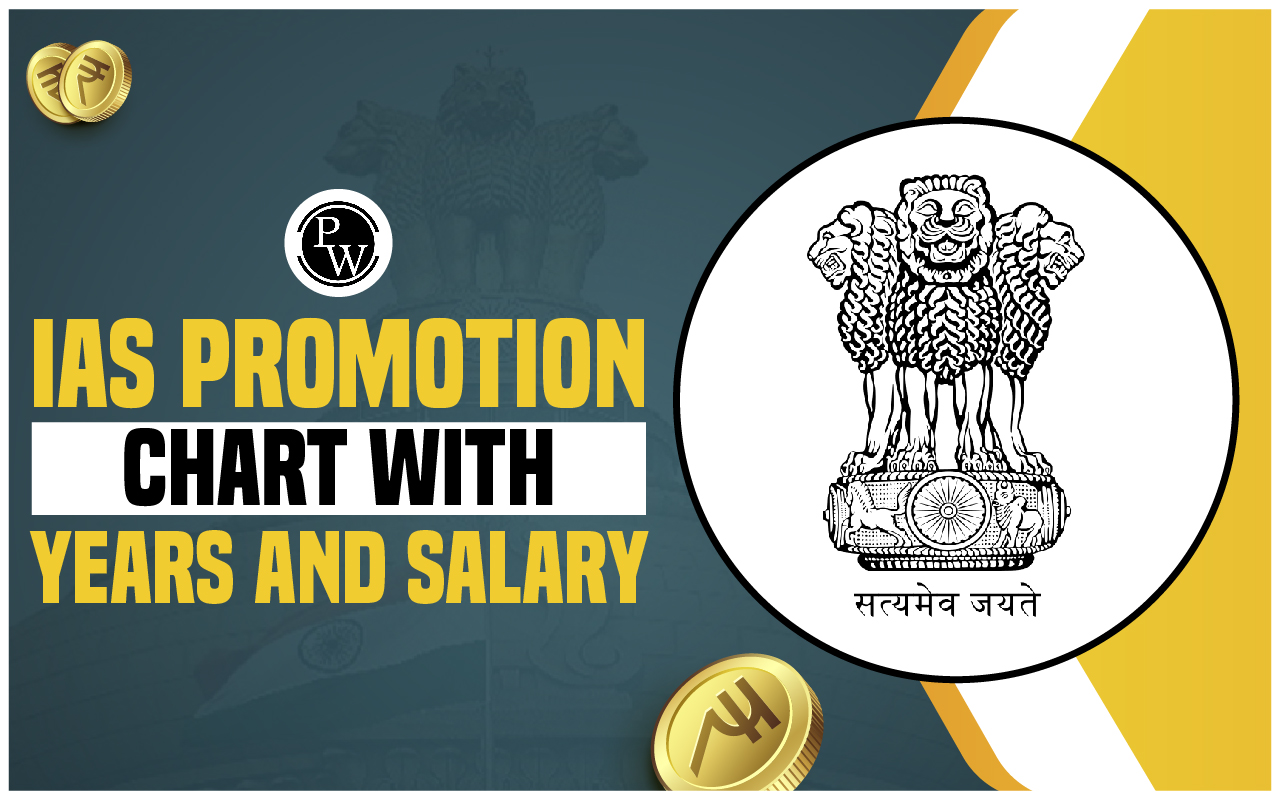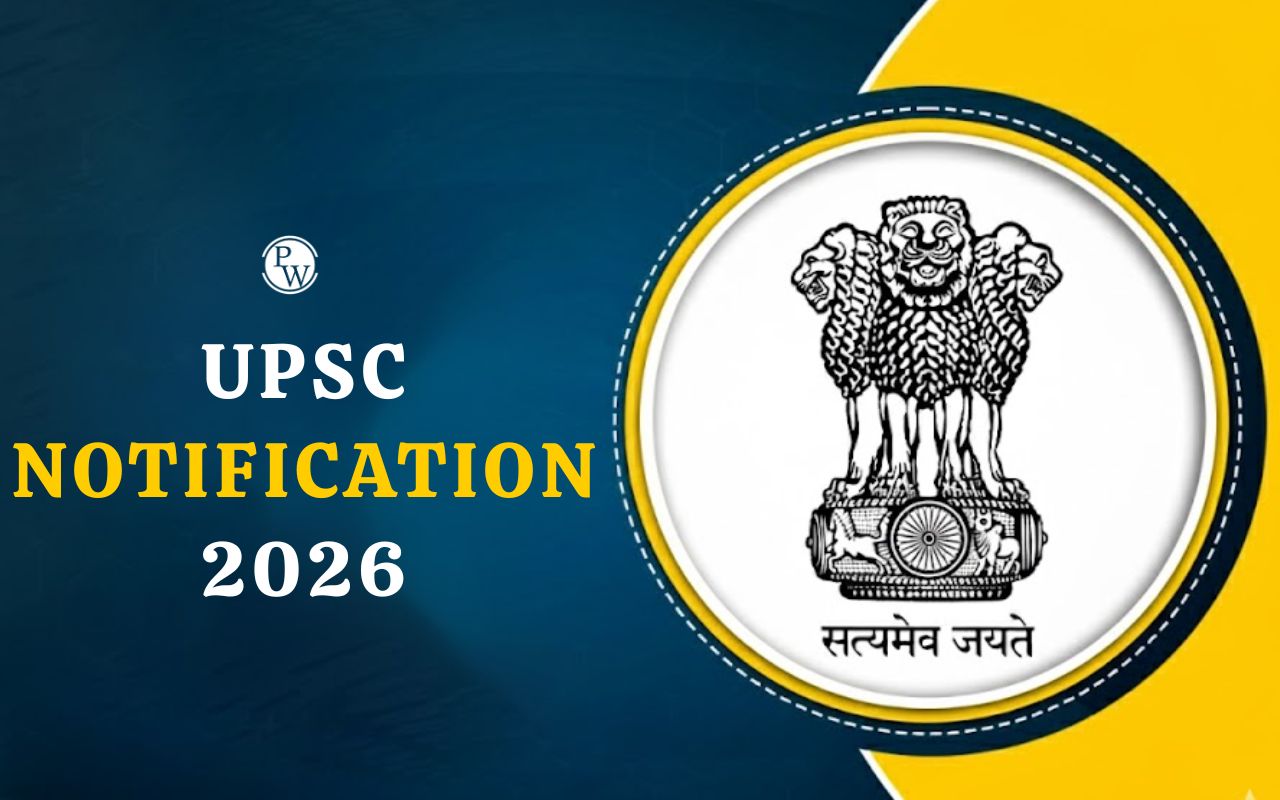
Enforcement Directorate (ED) is a law enforcement agency under the Ministry of Finance, Government of India. It investigates economic crimes, financial frauds, and money laundering cases. The agency enforces five key laws including the Prevention of Money Laundering Act (PMLA) and the Foreign Exchange Management Act (FEMA). Read on to learn about the Enforcement Directorate.
What is Enforcement Directorate and Its Full Form?
ED full form is Enforcement Directorate. It was established on May 1, 1956, as an Enforcement Unit and currently functioning as an attached office of the Department of Revenue under the Ministry of Finance.
ED is a multi-disciplinary organization which plays a crucial role in maintaining financial integrity and ensuring compliance with economic laws. It works in coordination with other investigative agencies to prevent financial crimes. With growing financial frauds, ED has strengthened its operations across the country.
| About ED | |
| ED Full Form | Enforcement Directorate (Directorate of Enforcement) |
| Establishment | May 1, 1956 (as Enforcement Unit), renamed in 1957 |
| ED Headquarters | New Delhi, India |
| Administrative Control | Ministry of Finance, Department of Revenue |
| ED Primary Roles | Enforcing economic laws, combating financial crimes, and countering money laundering |
| ED's Functions | Investigating money laundering, foreign exchange violations, and other economic offenses under FEMA, PMLA, FERA, COFEPOSA, and FEOA |
| ED Organizational Structure | Director (Head), Special Directors (Regional Offices), Joint Directors (Zonal Offices), Deputy Directors (Sub-Zonal Offices) |
| ED Regional Offices | Mumbai, Chennai, Chandigarh, Kolkata, Delhi |
| ED Zonal Offices | Approximately 27 across prominent cities |
| ED Sub-Zonal Offices | Approximately 12-13 across various cities |
| ED Recruitment | Officers from IRS, IPS, IAS, and other government services |
| ED Current Director | Rahul Navin |
| ED Director's Tenure | Initially 2 years, extendable up to 5 years |
Establishment of ED
The Enforcement Directorate was established in 1956 as an enforcement unit under the Department of Economic Affairs. Initially, it focused on enforcing the Foreign Exchange Regulation Act (FERA), which was later replaced by FEMA in 1999. In 1957, the unit was renamed as the "Enforcement Directorate," and a new branch was opened in Madras (now Chennai).
Later in 1960 the administrative control transferred to the Department of Revenue. Over the years, the scope of the ED expanded with the enactment of the PMLA in 2005, making it a crucial agency in combating money laundering and financial crimes. Today, the Enforcement Directorate works with domestic and international agencies to control financial offenses effectively.
Structure of Enforcement Directorate
The Enforcement Directorate has a well-defined structure to ensure efficient operations. It functions under the Department of Revenue, Ministry of Finance. The ED has a multi-tiered hierarchy to oversee its operations effectively.
-
Director of Enforcement: The highest authority in ED, responsible for overseeing national operations.
-
Special Directors: Senior officers assist the Director in managing investigations.
-
Additional Directors & Joint Directors: Handle case-specific investigations and policy implementation.
-
Deputy Directors & Assistant Directors: Manage regional investigations and supervise field officers.
-
Enforcement Officers & Assistant Enforcement Officers: Conduct raids, inquiries, and collect evidence.
ED Headquarters
The Enforcement Directorate's headquarters is located in New Delhi. It serves as the central command, coordinating operations across India.
-
Head: The Director of Enforcement, typically an Indian Revenue Service (IRS) officer with the rank of Additional Secretary to the Government of India.
-
Role: The headquarters formulates policies, coordinates operations, and provides guidance to field units.
Regional Offices
-
Locations: Mumbai, Chennai, Chandigarh, Kolkata, and Delhi.
-
Head: Each regional office is headed by a Special Director.
-
Role: These offices oversee operations within their respective regions.
Also Check, 'Election Commission of India'
Zonal Offices
-
Locations: Approximately 27 zonal offices are located across prominent cities like Mumbai, Chandigarh, Chennai, Hyderabad, Gurugram, etc.
-
Head: Each zonal office is headed by a Joint Director.
-
Role: Zonal offices supervise sub-zonal offices within their jurisdictions and handle investigations.
Sub-Zonal Offices
-
Locations: Around 12-13 sub-zonal offices are located in cities such as Mangalore, Allahabad, Indore, etc.
-
Head: Each sub-zonal office is headed by an Assistant Director or Deputy Director.
-
Role: These offices assist in the enforcement activities and investigations at the local level.
The ED headquarters maintains close communication with state and regional offices. It also works with various government bodies, financial institutions, and law enforcement agencies to strengthen its operations.
ED Director
The Director of the Enforcement Directorate is the top official, holding an equivalent rank to that of an Additional Secretary to the Government of India. The Government of India appoints the Director under the Central Vigilance Commission Act, 2003 on the recommendation of a high-level committee.
This committee is constituted of the Central Vigilance Commissioner, Vigilance Commissioners, and Secretaries from the Ministries of Home Affairs, Personnel, and Finance. The term of the Director is 2 years, which can be extended up to 5 years. Key responsibilities of the ED Director include:
-
Supervising investigations across the country.
-
Implementing anti-money laundering measures.
-
Coordinating with foreign agencies for international cases.
-
Advising the government on financial crime laws.
-
Ensuring strict enforcement of FEMA and PMLA.
Currently, Director of the Enforcement Directorate is Rahul Navin, a 1993-batch Indian Revenue Service (IRS) officer who was appointed on August 14, 2024.
Also Check, 'Central Bureau of Investigation (CBI)'
Objectives of ED
The Enforcement Directorate operates with the following objectives:
-
Combat Money Laundering: Prevent and control money laundering activities in India.
-
Enforce FEMA Regulations: Ensure legal compliance in foreign exchange transactions.
-
Seize Illegal Assets: Confiscate properties acquired through illicit means.
-
Prosecute Economic Offenders: Take legal action against individuals involved in financial frauds.
-
Coordinate with Global Agencies: Collaborate with international organizations for cross-border financial crime investigations.
Enforcement Directorate Jurisdiction
The ED's jurisdiction extends across India and even beyond in cases involving international money laundering. Its primary jurisdiction is defined under:
-
Prevention of Money Laundering Act (PMLA), 2002: Covers cases of money laundering and allows ED to seize properties and prosecute offenders.
-
Foreign Exchange Management Act (FEMA), 1999: Regulates foreign exchange transactions and penalizes violations.
-
Fugitive Economic Offenders Act (FEOA), 2018: Empowers the ED to attach properties of fugitive economic offenders who have fled the country to evade legal proceedings
-
Foreign Exchange Regulation Act (FERA), 1973: Repealed and replaced by FEMA in 1999, it was initially used by the ED to regulate foreign exchange transactions. Now, the key role is to adjudicate the Show Cause Notices under the Act up to 31.5.2002.
-
Conservation of Foreign Exchange and Prevention of Smuggling Activities Act (COFEPOSA), 1974: ED has authority under COFEPOSA to sponsor cases of preventive detention for smuggling and economic offenses.
ED also investigates financial offenses linked to terror financing, corruption, and tax evasion.
ED Roles and Responsibilities
The Enforcement Directorate has multiple roles and responsibilities in enforcing economic laws. Some key responsibilities include:
-
Investigating Money Laundering Cases: Identifying, tracking, and prosecuting offenders under PMLA.
-
Seizing Assets: Freezing and confiscating properties linked to financial frauds.
-
Monitoring Foreign Exchange Violations: Ensuring compliance with FEMA rules.
-
Assisting Other Agencies: Collaborating with law enforcement bodies for financial crime investigations.
-
Preventing Hawala Transactions: Cracking down on illegal money transfer networks.
-
Ensuring Compliance: Enforcing laws to prevent economic crimes.
In conclusion, the Enforcement Directorate plays a crucial role in safeguarding India's financial system by controlling financial frauds and illegal transactions. With a strong structure and well-defined objectives, ED ensures compliance with economic laws.
Looking to ace the UPSC exams? Explore PW UPSC Courses to enhance your preparation!
Enforcement Directorate FAQs
What is ED?
When was the Enforcement Directorate established?
Under which act was the Enforcement Directorate established?
Under which ministry does the Enforcement Directorate work?
Enforcement Directorate functions under which department?










